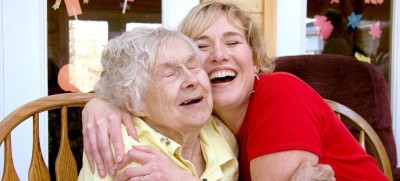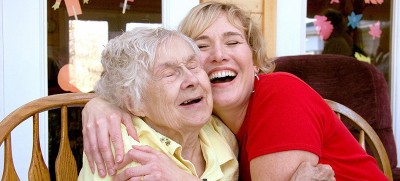WHO calls for optimizing brain health to benefit people and society
Aug 10, 2022, at 09:23 pm
New York: At some point in their life, one in three people will develop some type of neurological disorder – the leading cause of disability and the second leading cause of death, the World Health Organization (WHO) said on Tuesday, launching its first-ever position paper on optimizing brain health across the entire life span.
WHO calls for optimizing brain health to benefit people and society
Aug 10, 2022, at 05:18 pm
New York: At some point in their life, one in three people will develop some type of neurological disorder – the leading cause of disability and the second leading cause of death, the World Health Organization (WHO) said on Tuesday, launching its first-ever position paper on optimizing brain health across the entire life span.
A nutty solution for improving brain health: Study
Mar 22, 2019, at 06:45 pm
Sydney, Mar 22 (IBNS): Long-term, high nut consumption could be the key to better cognitive health in older people according to new research from the University of South Australia.







